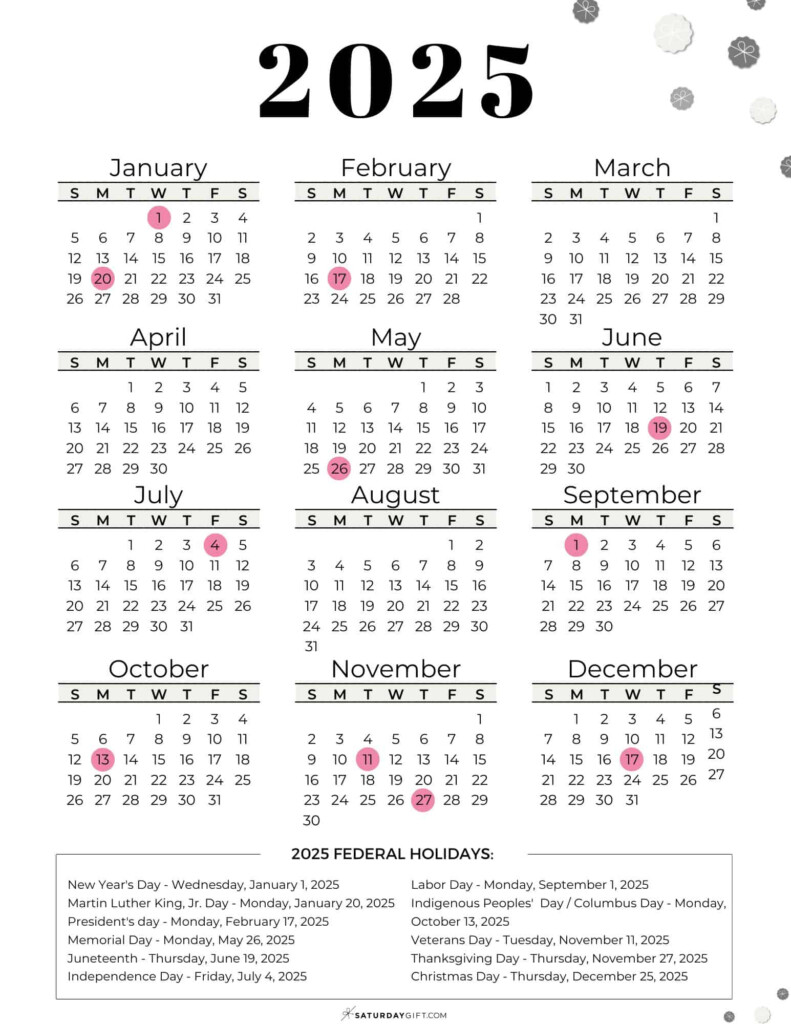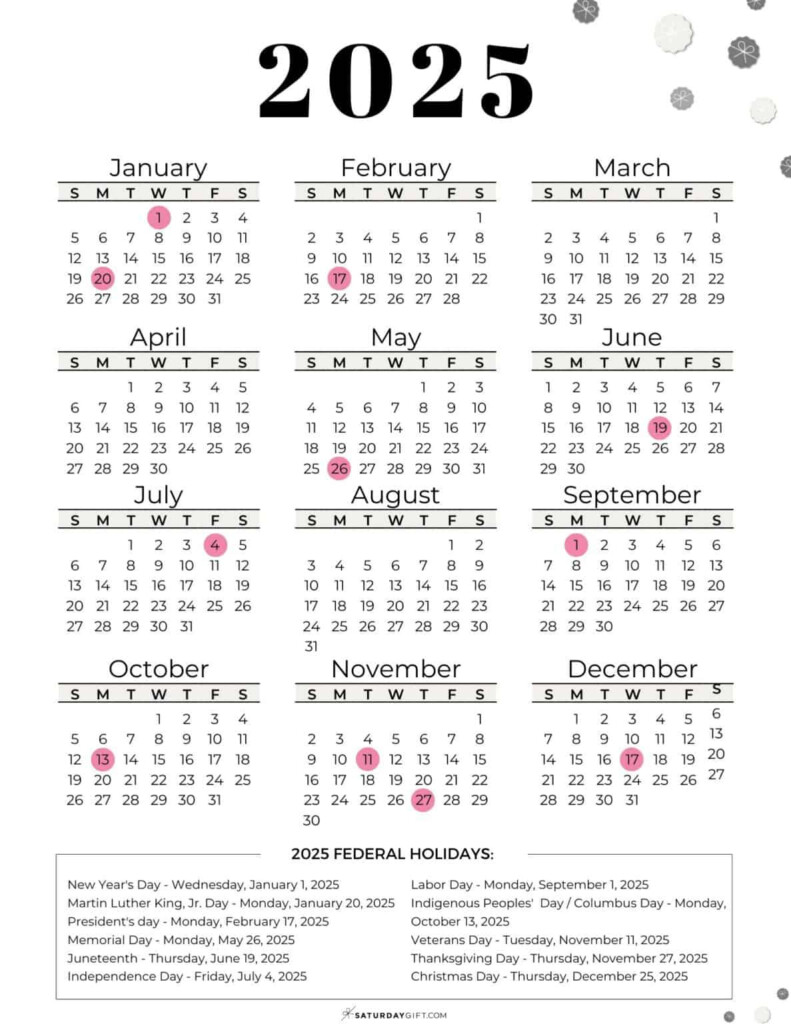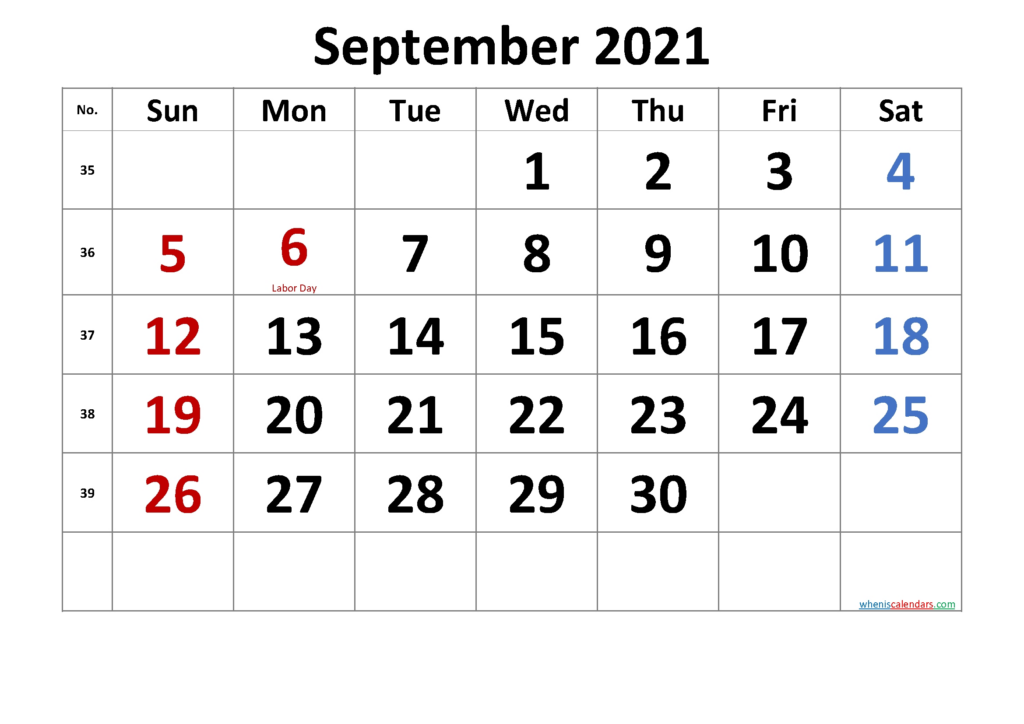Federal Court Calendar December – The Federal Court Schedule might seem like simply one more lawful term, yet it’s really a important part of just how the legal system runs in the United States. Without it, the courts would be mayhem– a nonstop shuffle of hearings, deadlines, and dates that can easily fail the fractures. Allow’s dive into just what a Federal Court Schedule is, why it matters, and just how it affects everyone from lawyers and judges to the average person. Federal Court Calendar December.
Understanding the Federal Court System
Prior to we discuss the Federal Court Calendar, it is necessary to recognize what makes government courts various. In the United States, there are both federal and state court systems. Federal courts manage situations involving federal regulation, constitutional problems, and disputes between states or residents of various states. State courts, on the other hand, concentrate on state laws and neighborhood disagreements.
The Federal Court system is consisted of three major degrees:
- Area Judiciaries: These are the high court where instances begin.
- Courts of Appeals: If somebody loses a instance in area court, they can attract this degree.
- The Supreme Court: The highest court in the land, handling just the most important and precedent-setting situations.
What is a Federal Court Schedule?
A Federal Court Schedule is basically a schedule that describes the schedule of hearings, tests, and other lawful proceedings within the federal court system. Think of it like a master timetable for all the situations that are being processed at the federal level. This timetable aids courts, lawyers, offenders, and other interested parties remain on top of court days and due dates.
However it’s not just a elegant coordinator! The Federal Court Calendar maintains the legal process organized by establishing dates for every little thing from pre-trial hearings to the last verdict. Without it, situations could be delayed for months, even years, interrupting the entire judicial system.
Secret Components of a Federal Court Calendar
So, exactly what does a Federal Court Calendar include? Let’s break down the key parts:
- Case Organizing: The calendar reveals when details situations will be heard in court. It includes all the vital days, from preliminary hearings to the final judgment or negotiation.
- Hearings, Trials, and Sentencing Dates: These are the heart of any type of court calendar. Understanding the dates of hearings, tests, and sentencing is important for everyone entailed.
- Due Dates for Lawful Activities and Filings: Courts have stringent deadlines for when records should be submitted. These target dates are a critical part of the schedule to make certain that every little thing moves forward in a timely manner.
Sorts Of Cases Provided on the Federal Court Schedule
A Federal Court Calendar isn’t restricted to one type of case. It handles a wide array of lawful matters, including:
- Civil Instances: Conflicts between individuals or organizations, such as suits for damages or breach of contract.
- Crook Situations: Cases where the government is prosecuting an private or organization for violating government regulation.
- Appeals and Grandfather Clauses: Appeals to decisions made in area courts or various other special cases, such as constitutional problems.
How to Gain Access To the Federal Court Schedule
Accessing the Federal Court Schedule has actually become easier with technology. Several federal courts offer online tools where you can check the schedule for upcoming cases. Websites like PACER (Public Accessibility to Court Electronic Records) enable you to look for particular instances and see their schedules. Nonetheless, sensitive situations might have limited public accessibility to secure personal privacy or security.
Value of Adhering To the Federal Court Calendar
Picture missing out on an important court date– it might result in major legal effects! Attorneys, courts, and plaintiffs rely greatly on the Federal Court Schedule to make certain they’re prepared for hearings and trials. Missing a day might indicate a delay in justice, additional expenses, or even losing a case completely.
For instance, if a attorney fails to file a lawful motion by the deadline detailed on the court schedule, it could harm their client’s situation or cause charges.
Role of Technology in Taking Care Of Court Calendars
Gone are the days when court schedules were handled completely by hand. Now, digital court systems help streamline the organizing process, making it easier for courts to handle several instances all at once.
- Digital Court Systems: Modern innovation permits courts to manage complicated schedules successfully, ensuring that situations move on smoothly.
- Online Organizing Devices: These tools make it much easier for legal professionals to remain on top of deadlines and avoid missing crucial days. It’s like having a electronic assistant that never forgets!
Difficulties in Keeping the Federal Court Schedule
While modern technology has actually made handling the Federal Court Calendar much easier, there are still obstacles. Federal courts can come to be overloaded with the large variety of cases they manage. Delays and posts ponement typically throw a wrench right into the system, making it hard to adhere to the calendar as intended.
For instance, if one situation is held off, it may affect a number of other instances that were set up on the same day. Keeping everything running smoothly requires continuous adjustments.
Exactly How the Federal Court Schedule Impacts the General Public
You might not think the Federal Court Calendar impacts you, but it does! If you’re mobilized for court responsibility, your involvement relies on the court’s schedule. The calendar identifies when and where you’ll require to turn up, and it additionally impacts how much time tests last.
Additionally, the Federal Court Calendar supplies public access to upcoming court proceedings, allowing people to participate in hearings and tests if they want details instances.
Final thought
The Federal Court Schedule is more than simply a schedule– it’s the backbone of the federal judicial system. From guaranteeing that lawful process move forward successfully to aiding everybody included keep organized, it plays a essential role in maintaining the rule of regulation. Whether you’re a attorney, a offender, or just somebody interested concerning exactly how the system functions, comprehending the Federal Court Schedule can offer you a clearer image of the elaborate operations of justice.
FAQs
- How can I watch the Federal Court Calendar for a specific situation?
- You can see the schedule online with devices like PACER, which enables you to search for cases by name or instance number.
- What takes place if a instance is rescheduled on the Federal Court Schedule?
- When a case is rescheduled, all celebrations involved are notified, and the new date is posted on the calendar.
- Are all court process detailed on the Federal Court Calendar?
- Many are, however sensitive situations or those involving national safety might have restricted public access.
- Just how do lawyers track Federal Court Calendar updates?
- Lawyers use both digital tools and court notices to stay on top of modifications and updates to the schedule.
- Is the Federal Court Schedule offered for the public?
- Yes, the public can access the schedule for the majority of instances, though some restrictions might use in specific scenarios.


